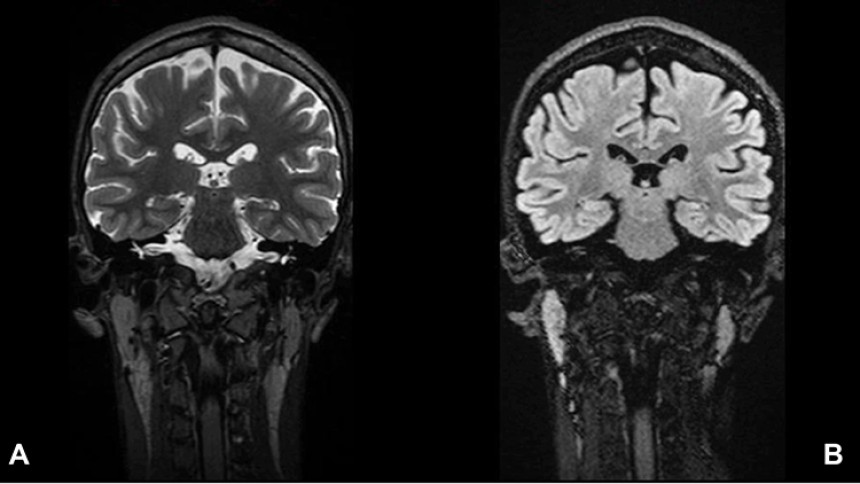
Transient global amnesia
Transient global amnesia (TGA) is a sudden memory loss condition, usually resolving within 24 hours. Its causes can vary. Diagnostic evaluation involves a neurological exam and brain MRI. No specific treatment is needed, but reassurance is important, and driving restrictions may apply during recurrent episodes. Stroke risk factors may be managed based on specific findings.
Definition and Symptoms
Transient Global Amnesia (TGA) is characterized by a sudden, temporary loss of anterograde memory. Patients often exhibit disorientation and ask repetitive questions, unable to recall personal or general information. Other cognitive functions remain normal during a TGA episode. These episodes are self-limited, usually resolving within 24 hours, and memory function recovers except for the events that occurred during the episode. The causes of TGA are believed to include vascular, migraine, epileptic, and psychogenic factors. A small percentage of patients may experience recurrent episodes, but TGA does not typically increase the risk of mortality, epilepsy, stroke, or dementia. (1, 2, 3)
Evaluation and Diagnosis
The initial evaluation of TGA involves excluding other disorders. Hospitalization may be necessary for symptomatic patients until amnesia improves. A thorough neurological examination is essential to confirm that amnesia is an isolated symptom. Laboratory tests, including CBC, electrolytes, liver function, serum glucose, renal function, and toxicology screen, are performed. Neuroimaging with brain MRI is also required for a comprehensive assessment. (4)
Treatment and Management
No specific treatment is needed for TGA. Due to the distressing nature of the symptoms, providing reassurance to the patient and their family is important. Although TGA is benign and self-limiting, recurrence is possible, and patients may need to be advised against driving during this period. Managing stroke risk factors according to guidelines is recommended; however, unless there is a specific indication of an ischemic cause, antithrombotic therapy is generally not advised. (5)
References
1-Quinette P, Guillery-Girard B, Dayan J, et al. What does transient global amnesia really mean? Review of the literature and thorough study of 142 cases. Brain 2006; 129:1640.
2-Arena JE, Rabinstein AA. Transient global amnesia. Mayo Clin Proc 2015; 90:264.
3-Gandolfo C, Caponnetto C, Conti M, et al. Prognosis of transient global amnesia: a long-term follow-up study. Eur Neurol 1992; 32:52.
4-Yoon B, Yoo JY, Shim YS, et al. Transient global amnesia associated with acute intracerebral hemorrhage at the cingulate gyrus. Eur Neurol 2006; 56:54.
5-Graff-Radford J, Josephs KA. Primary progressive aphasia and transient global amnesia. Arch Neurol 2012; 69:401.





